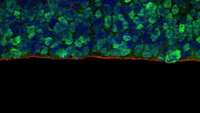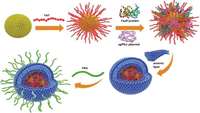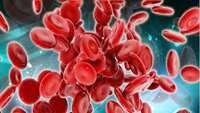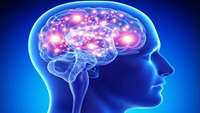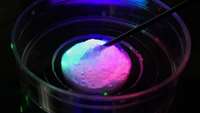ALS treatment delays disease and extends life in rats
Investigators at Cedars-Sinai are exploring a new way to treat amyotrophic lateral sclerosis (ALS) by transplanting specially engineered neural cells into the brain.
Brain development influenced by the immune system
UQ Faculty of Medicines Dr. Liam Coulthard said many adult diseases originated during fetal development.
UTHealth receives funding to study stem cell therapy for traumatic injury
The University of Texas Health Science Center at Houston (UTHealth) has received funding through a public/private partnership for the first-ever clinical trial investigating a stem cell therapy for early treatment and prevention of complications after severe traumatic injury.
UCSF Welcomes First In Utero Stem Cell Transplant Baby
An in utero stem cell transplant for a critically ill second-trimester fetus has led to the birth of an apparently healthy infant. The newborn is the first patient enrolled in the world’s first clinical trial using stem cells transplanted prior to birth.
CRISPR-based Genome Editing via Non-Viral Delivery
The CRISPR-Cas9 system may be a powerful gene-editing tool, but it’s no good if the best tool in your kit can’t be applied where you want to work with it.
FDA chief Gottlieb is building a regulatory speedway to accelerate gene therapy development
You need a license to cut-and-paste this copyrighted news content.
Engineering Red Blood Cells to Fight the Most Severe Cancers
How amazing would it be if we could use our own cells to transport cancer therapies to their target and avoid unwanted side effects? Well, soon we may be using red blood cells for just that purpose.
Thin, flexible polymers record conversations deeper in the brain with less injury-risk
Science has yet to unravel a complete understanding of the brain and all its intricate workings. Its not for lack of effort.
New therapeutic gel shows promise against cancerous tumors
Scientists at the UNC School of Medicine and NC State have created an injectable gel-like scaffold that can hold combination chemo-immunotherapeutic drugs and deliver them locally to tumors in a sequential manner. The results in animal models so far suggest this approach could one day ramp up therapeutic benefits for patients bearing tumors or after removal of the primary tumors.
Robots Can Grow Humanoid Mini-Organs From Stem Cells Faster And Better Than People
Automated robots now have the tools to grow imitation, simplified human organs out of stem cells. Thankfully, we weren’t transported to a sci-fi dystopia where the machines have risen up and started to farm humans, but rather a world where pharmaceutical and other biomedical research just became much easier and faster.



